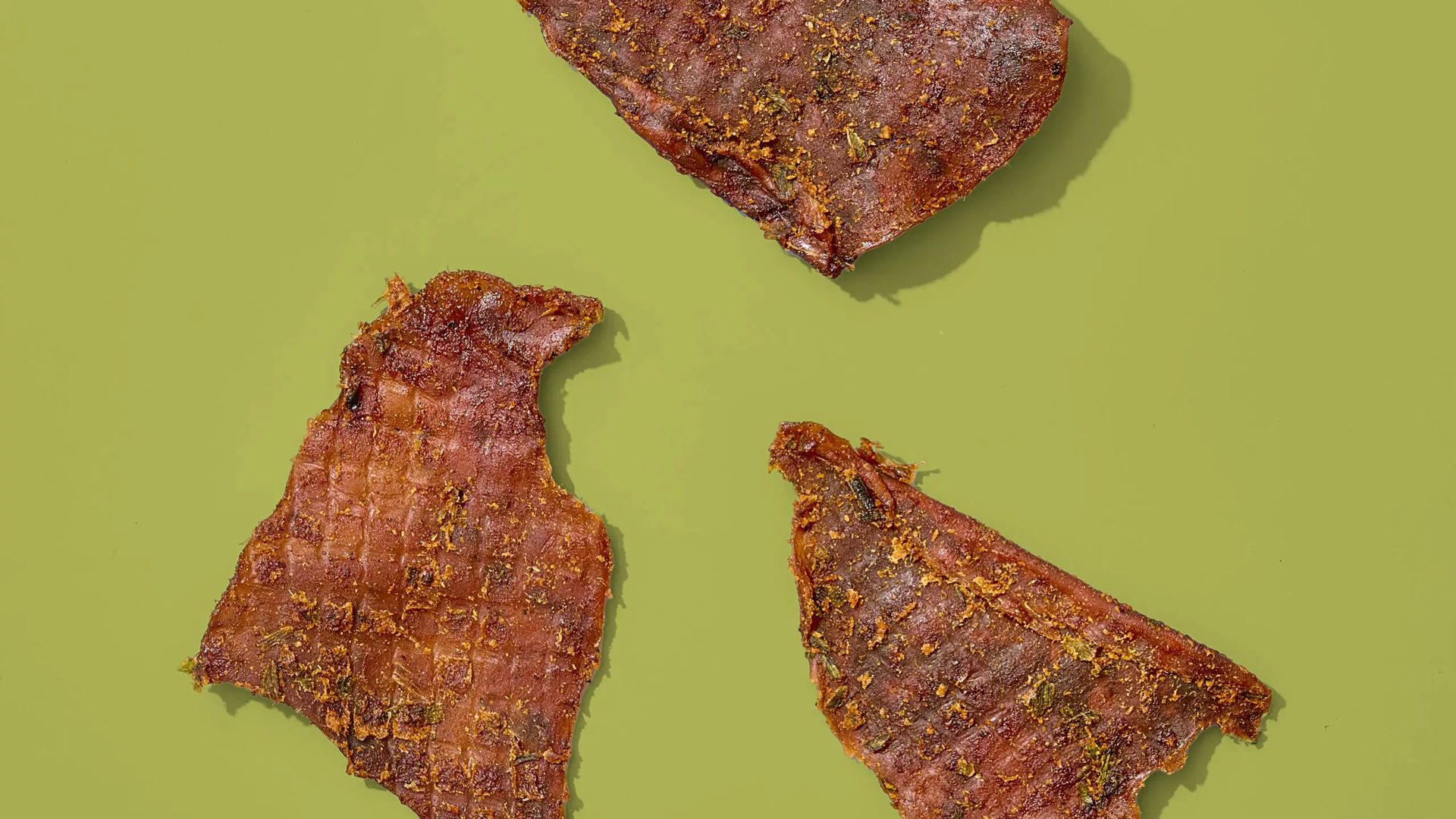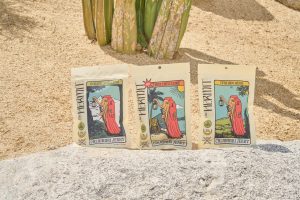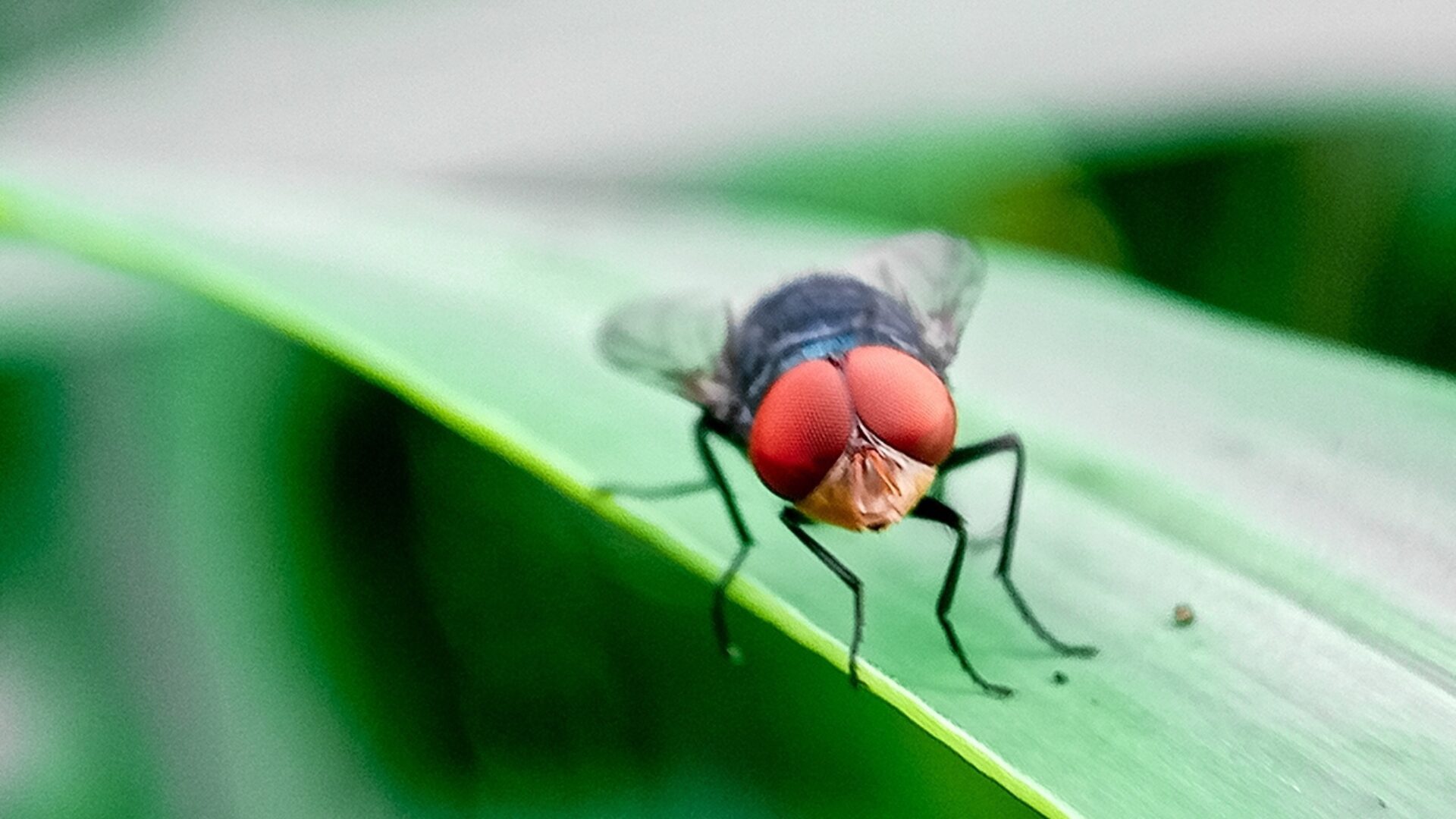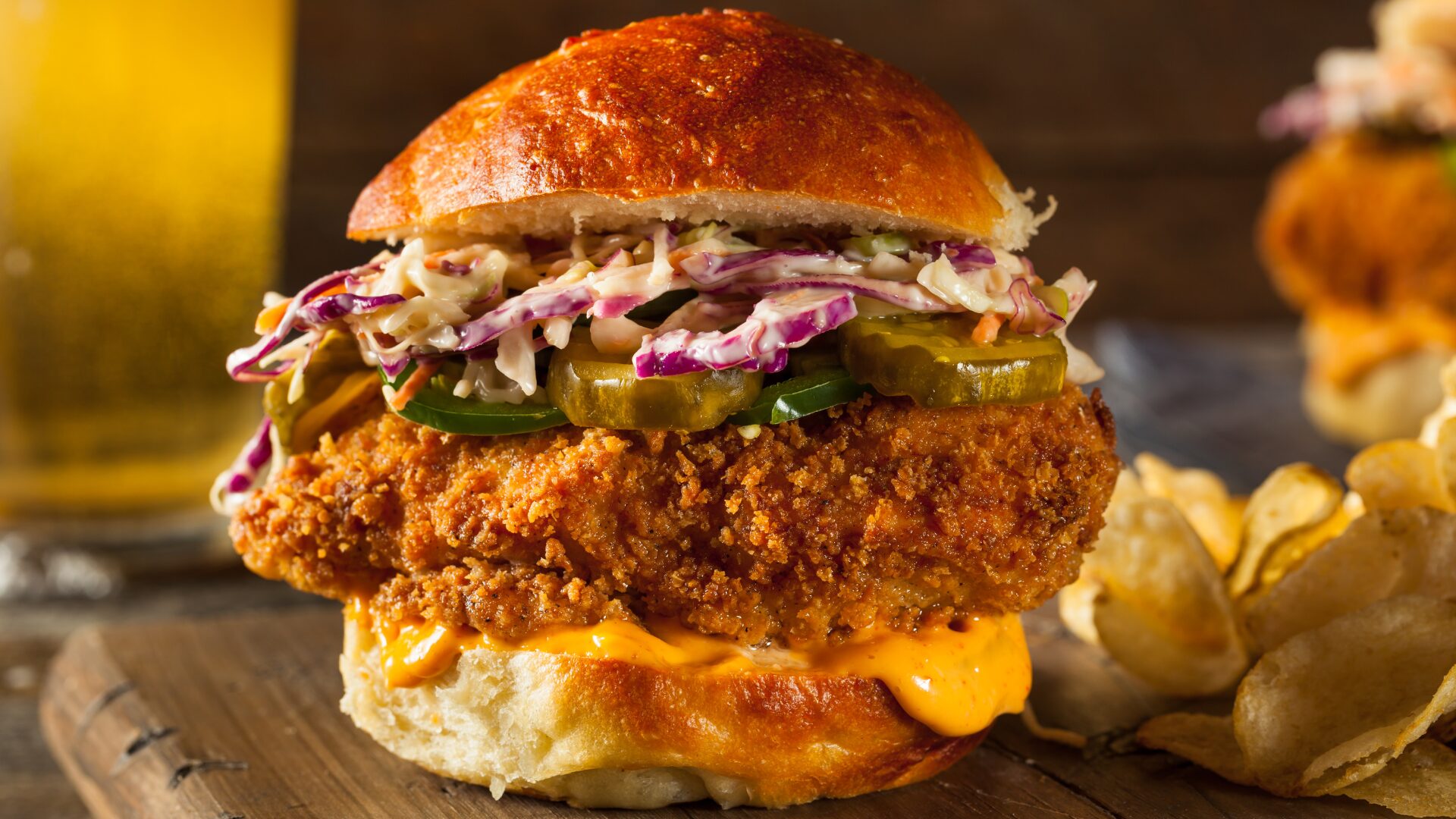While 75% of the seafood Americans eat is imported according to USDA data, a wild‑caught, highly sustainable protein powerhouse thrives right off California’s coast. Yet despite its abundance, it barely registers in the national protein conversation. To understand why, we have to zoom out and consider current consumer protein preferences.
Americans get their protein from a surprisingly concentrated set of species: beef, chicken, pork, dairy, eggs, farmed salmon, soy and other legumes. These are repurposed and isolated in increasingly innovative ways to create novel food products, but the underlying sources of protein in America have changed little in decades.
This lack of diversity has obvious negatives from an ecological perspective, where monoculture systems and confined feedlots exert a toll on our land, water, soil, and atmosphere. The pursuit of efficiency at all costs is leading to food that (according to the National Institutes of Health) is less nutritious, and in many cases contaminated (according to research by Clean Label Project).
In recent years, there’s been a surge in exotic or engineered protein alternatives (lab-grown meats, insect protein, duckweed powder, seaweed extracts) often marketed as visionary solutions to a broken food system. Yet these efforts frequently fail to reach scale, hindered by the inertia of mass consumer taste, unfamiliar form factors, and the steep learning curve of consumer education.
My brand, The Hermit, strongly believes that there’s a middle road, and that many future transition proteins are already growing right under our noses, right here in America. Many of these transition proteins are hiding in plain sight: already growing or swimming domestically, but quietly diverted to foreign markets or industrial feed.
Squid is harvested in abundance off both U.S. coasts, with three American fisheries already MSC-certified – the gold standard for sustainable resource management.
Unlike many finfish, squid reproduce quickly, generate minimal bycatch, and may even be expanding their range due to climate change, according to the National Oceanic and Atmospheric Administration.
Nutritionally, squid is an underrated powerhouse: low in mercury, high in Omega-3s, collagen, and key micronutrients like iodine, selenium, and zinc. Perhaps most importantly, squid already has a foothold in American food culture, thanks to widespread familiarity with fried calamari, growing exposure to global cuisines, and its familiar whole-muscle texture.
Squid may be one of the most promising places to start – familiar, abundant, and nutritionally rich – but it’s far from the only opportunity. At The Hermit, we believe in building a portfolio of clean-label, sustainable proteins sourced from wild-caught, low-trophic species. There’s a vast, underexplored world of ocean protein that could reshape how Americans eat – no lab-grown miracle required.
About the author: Steven Shonts is the founder of The Hermit Calamari Jerky, a brand that specializes in wild-caught, sustainably harvested American seafoods. He’s also a graduate of Princeton University.












